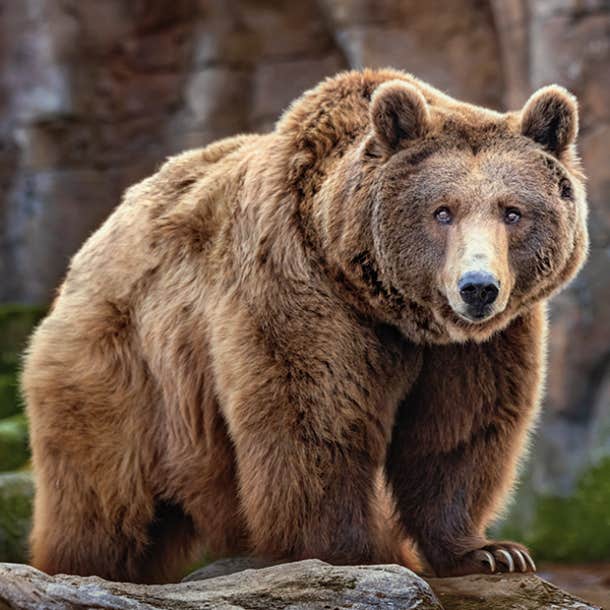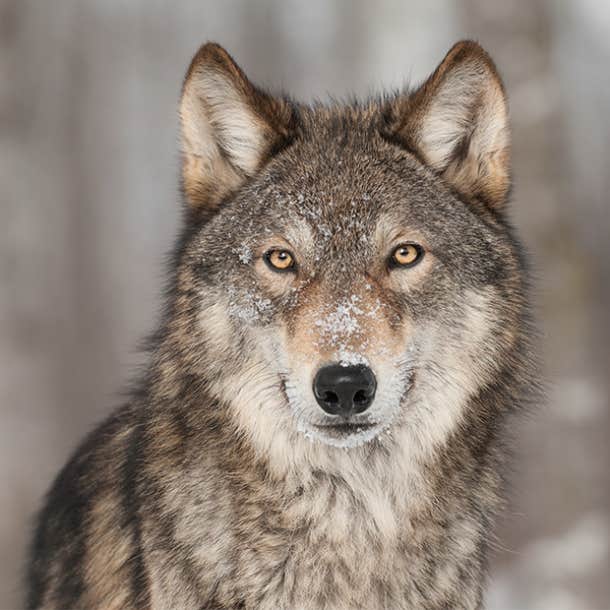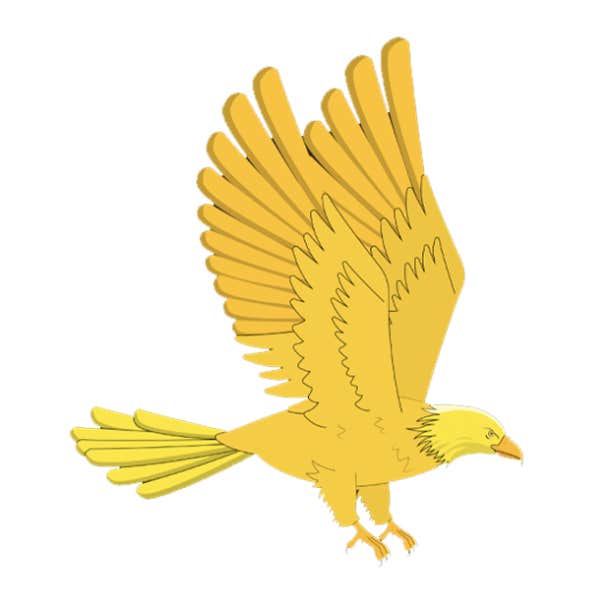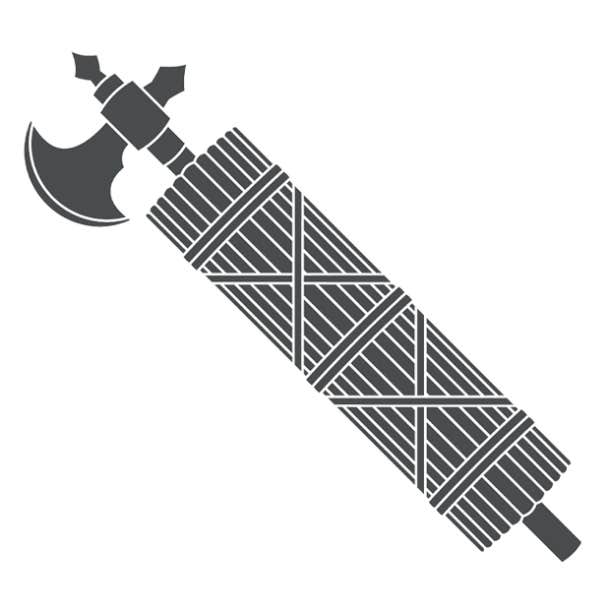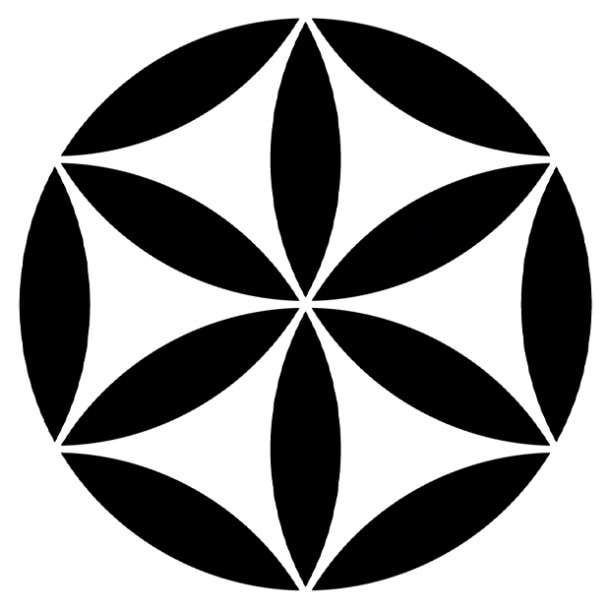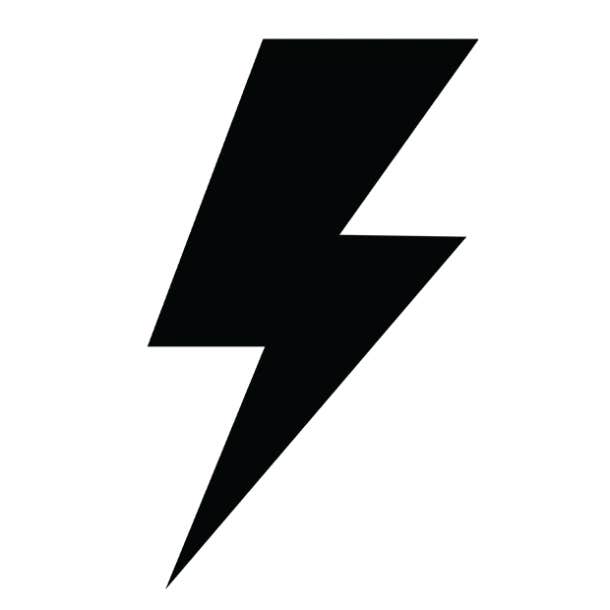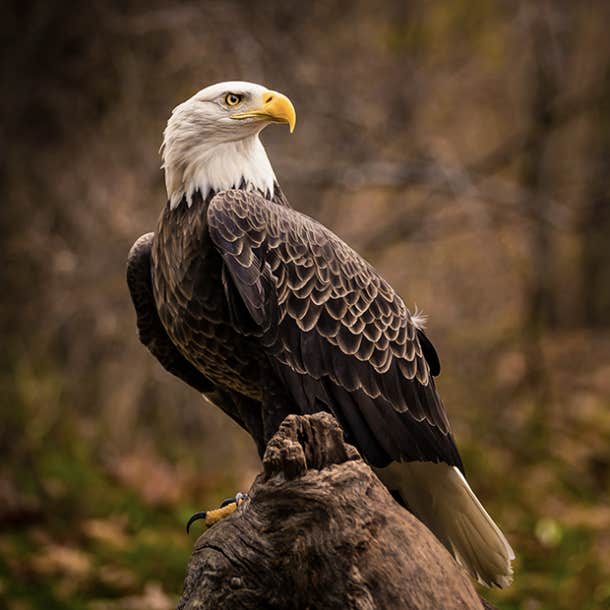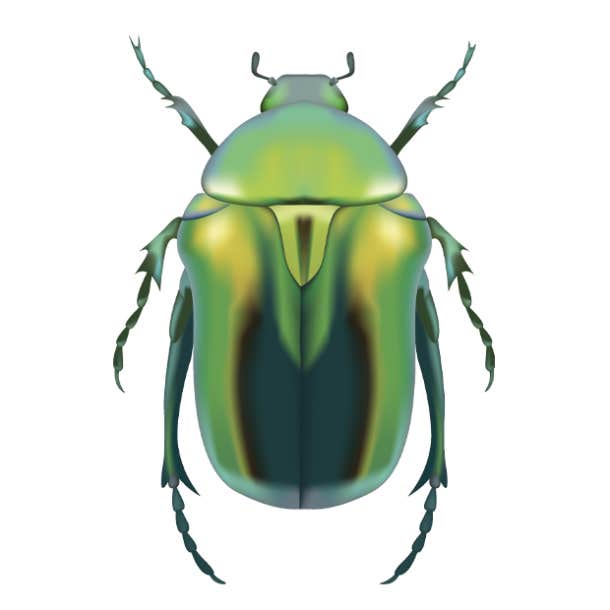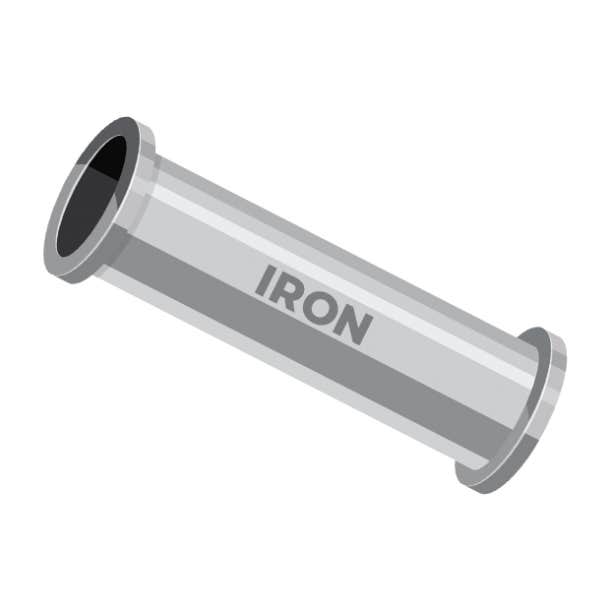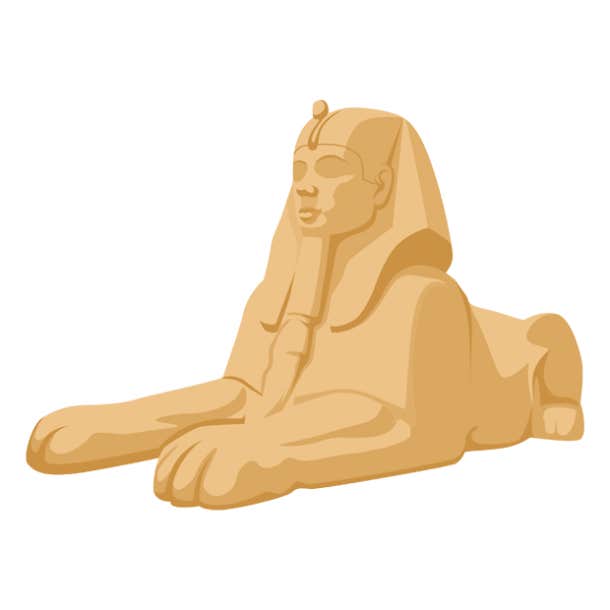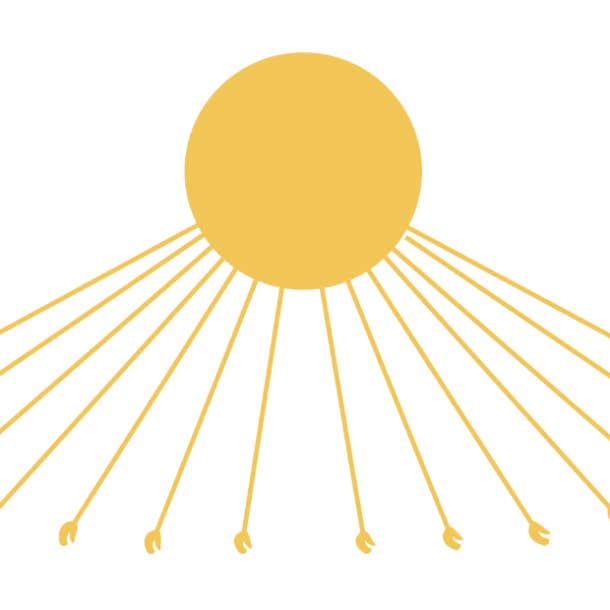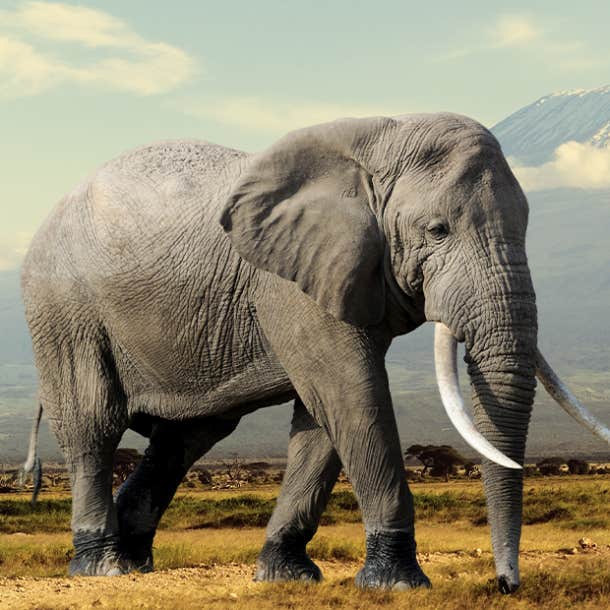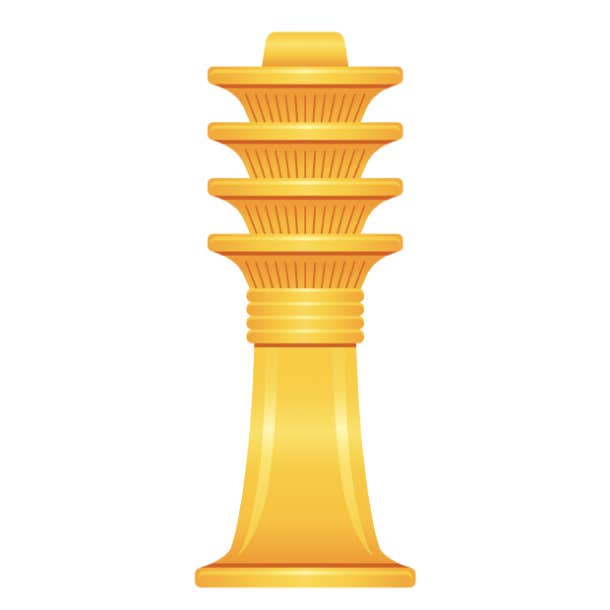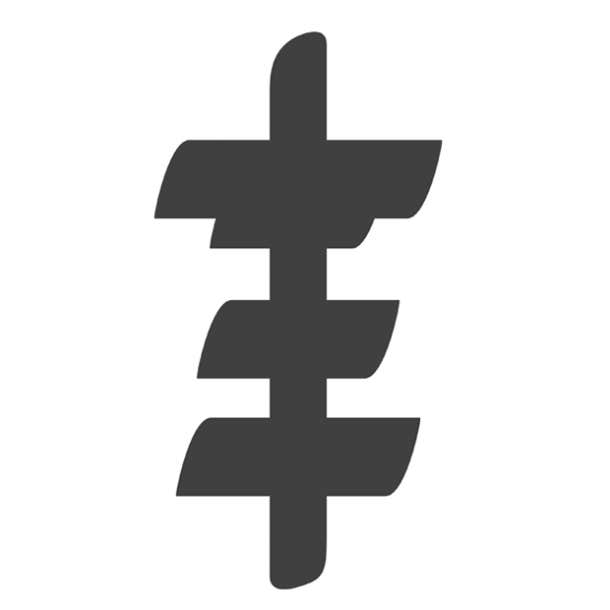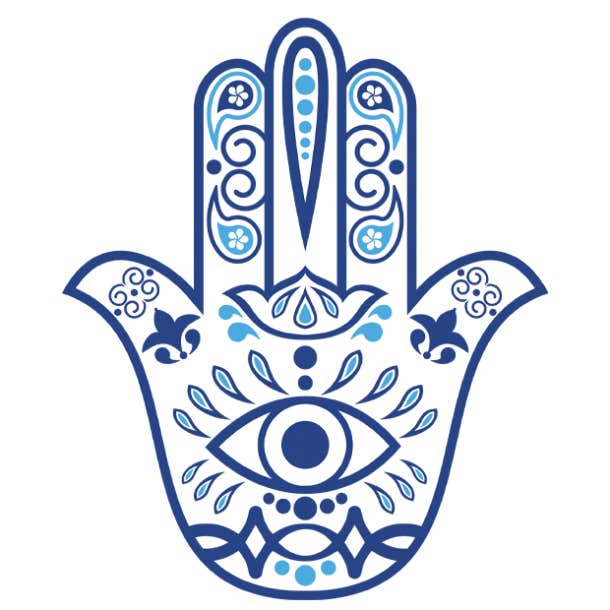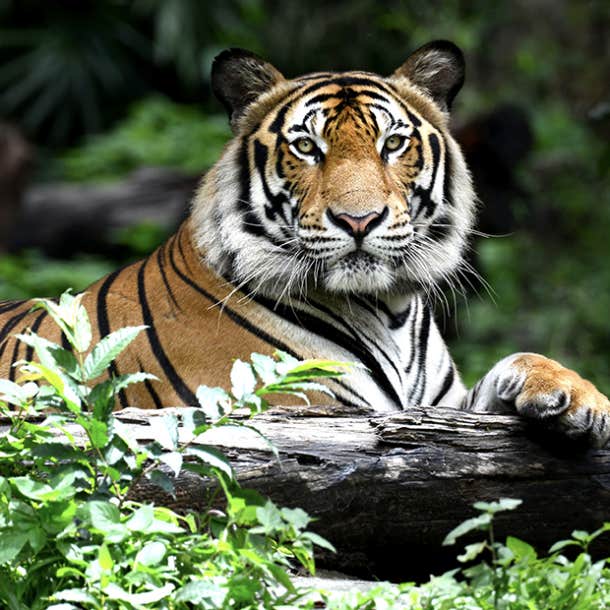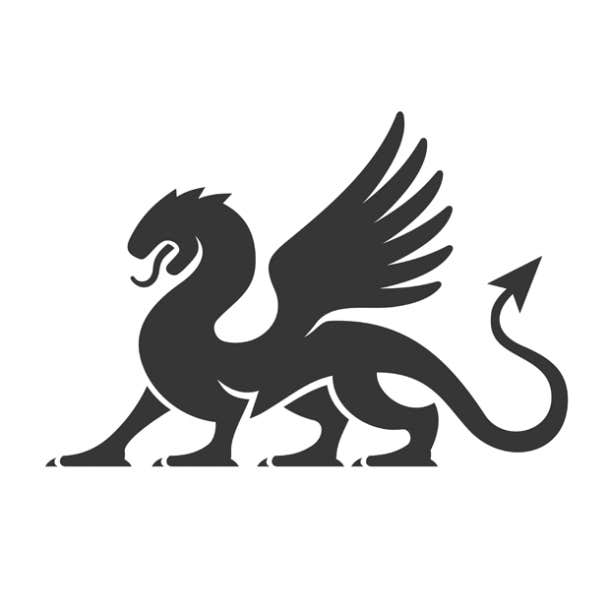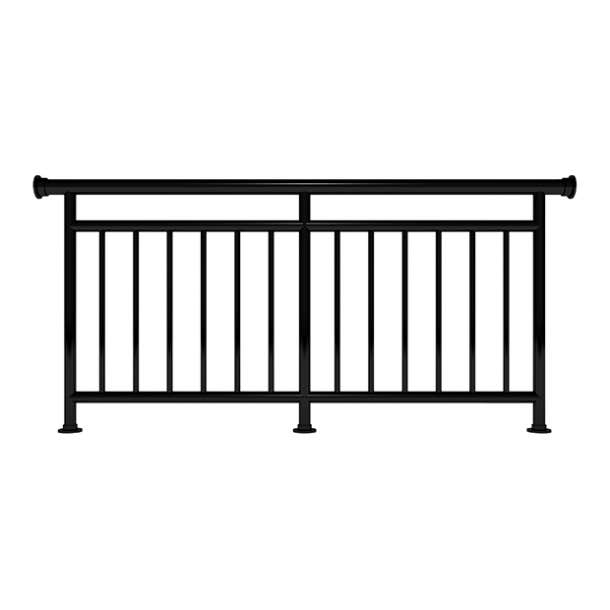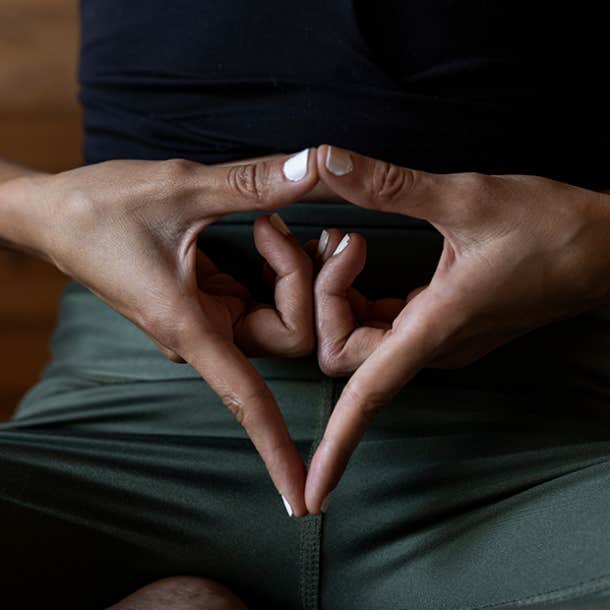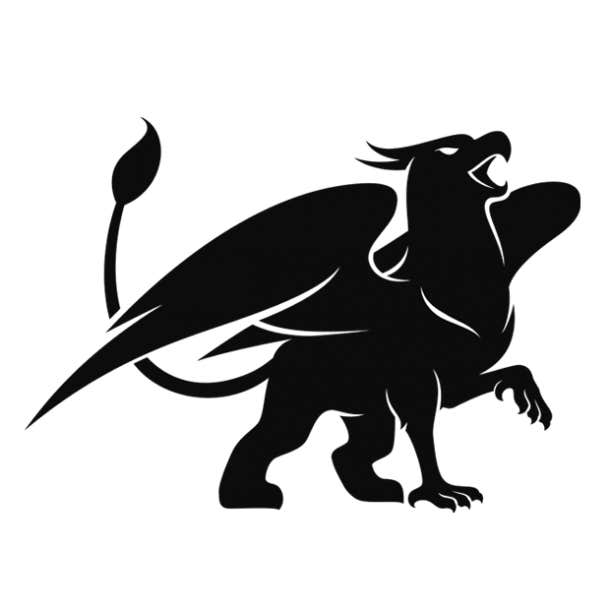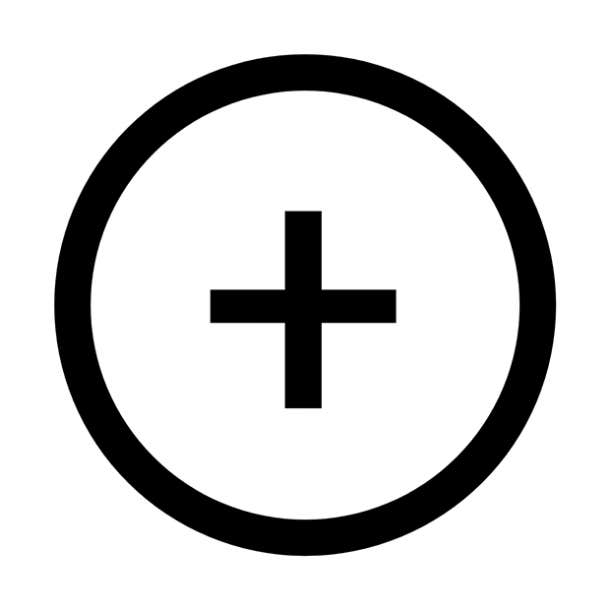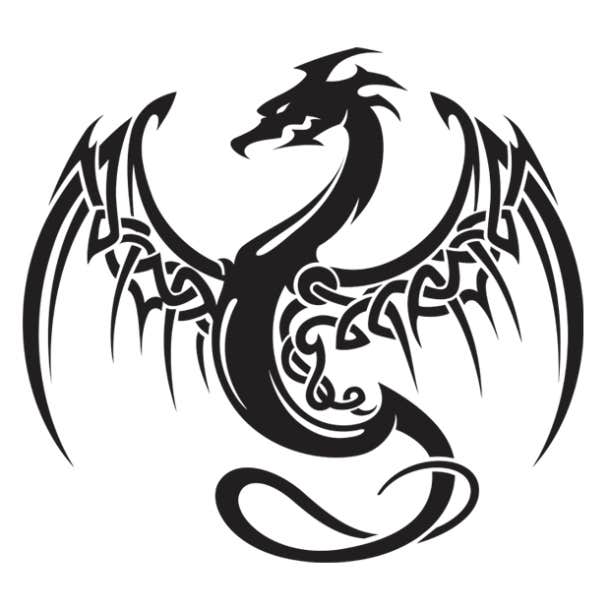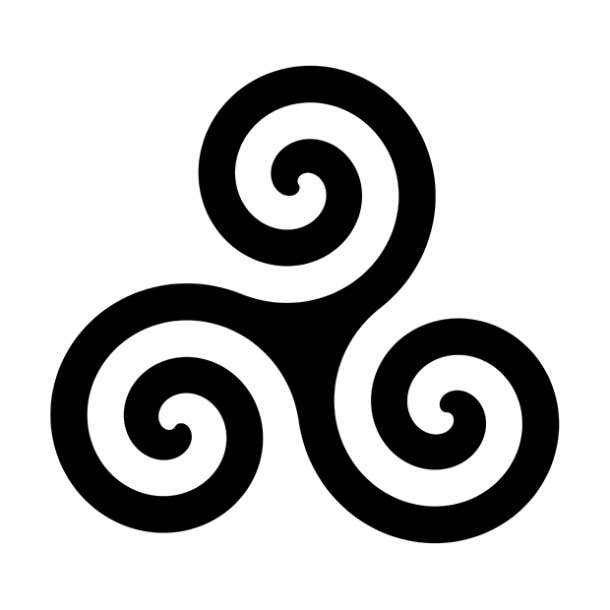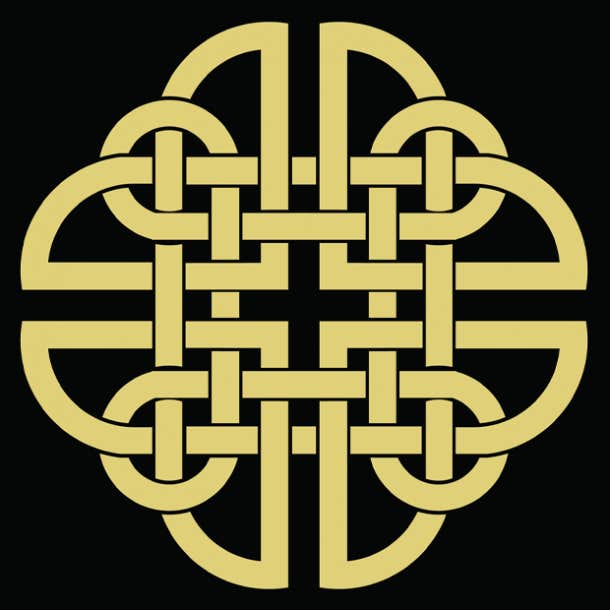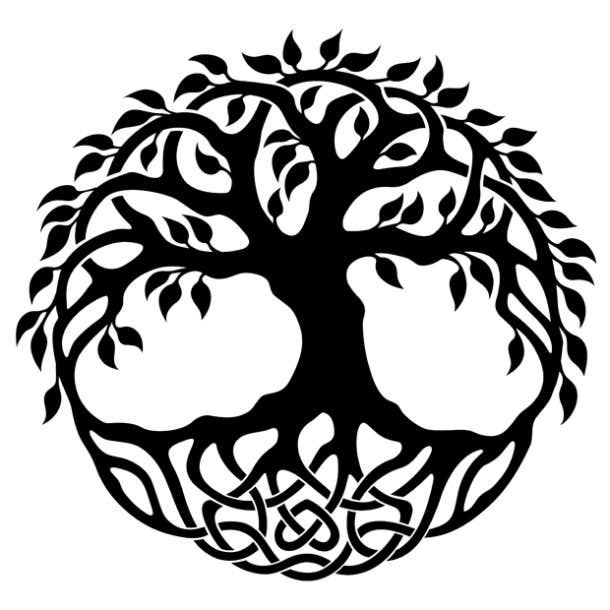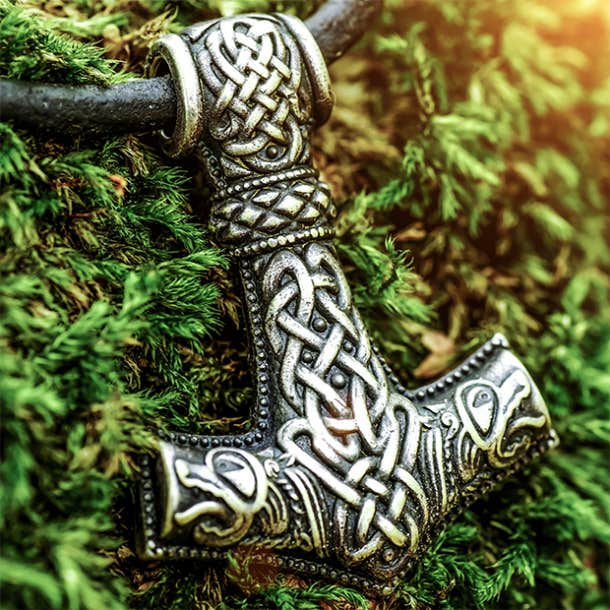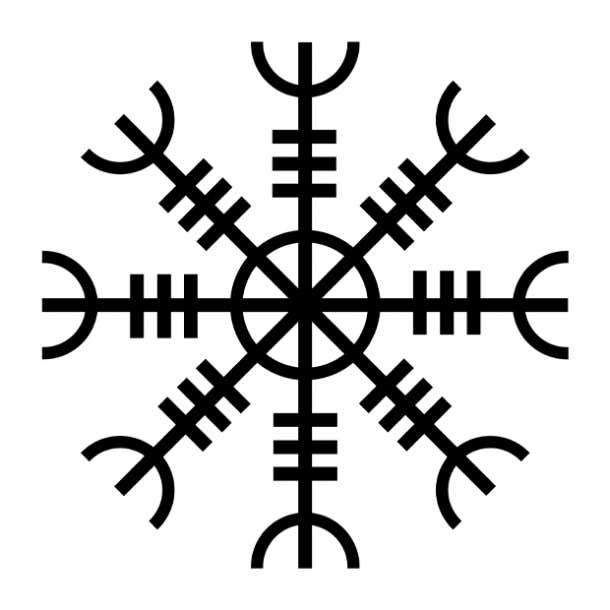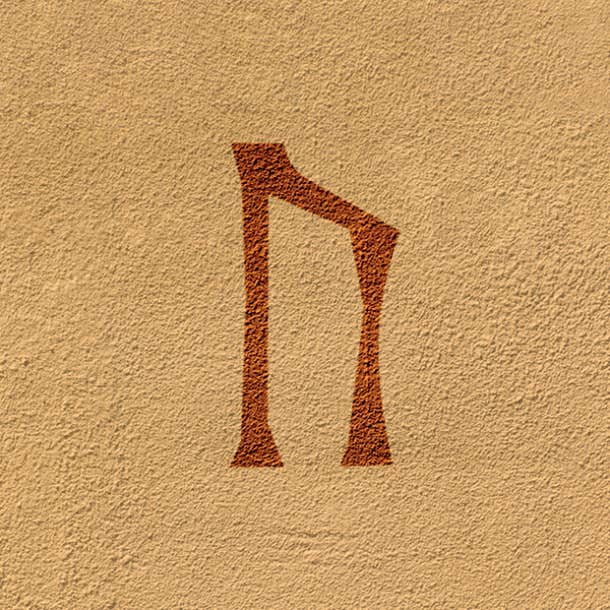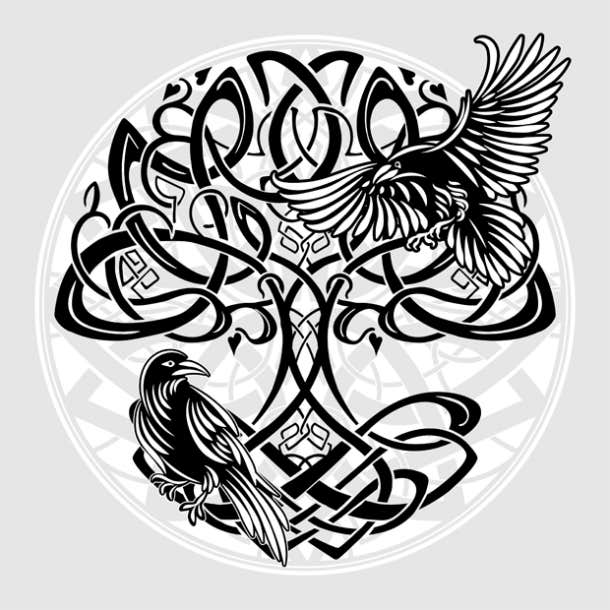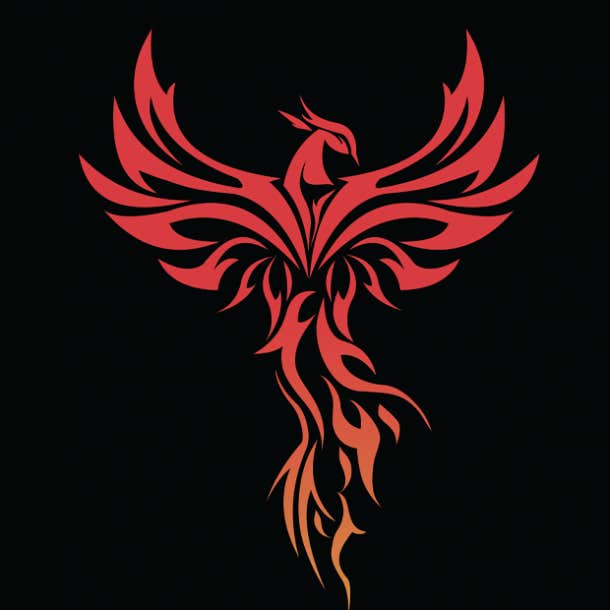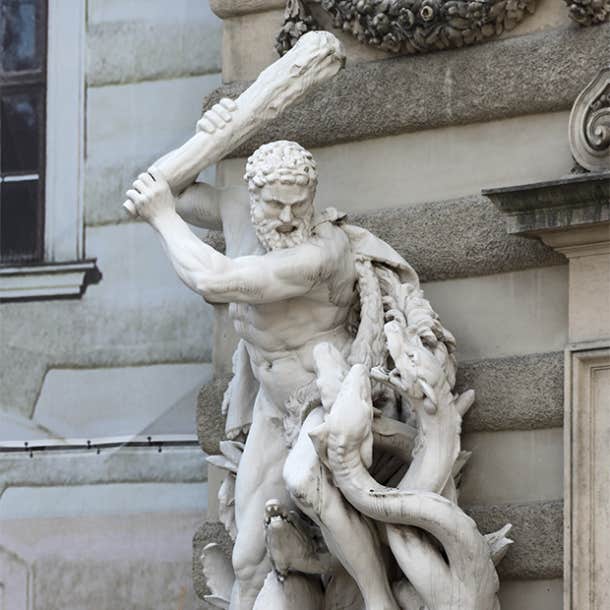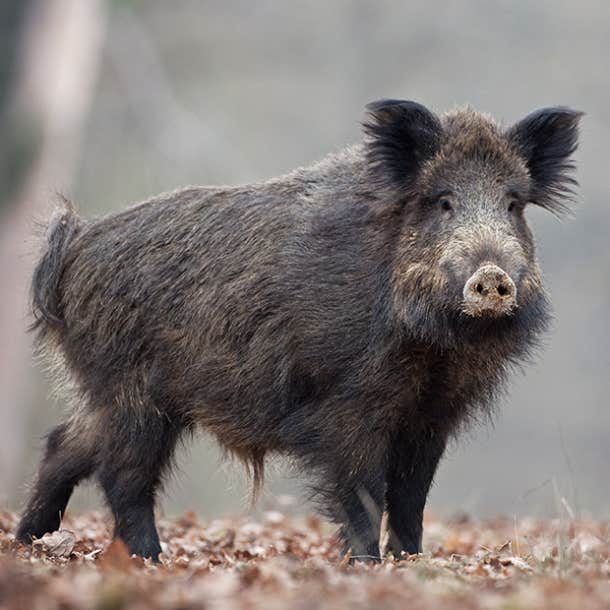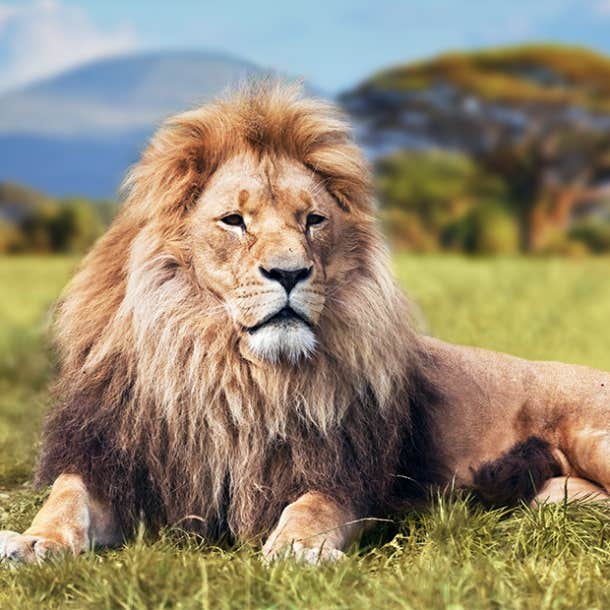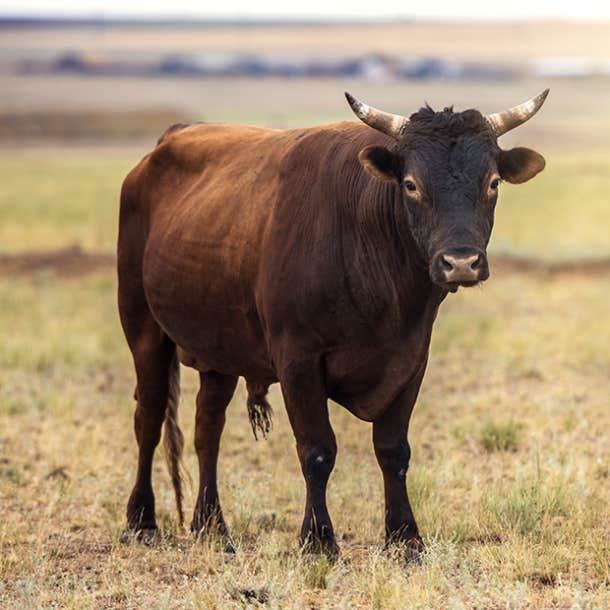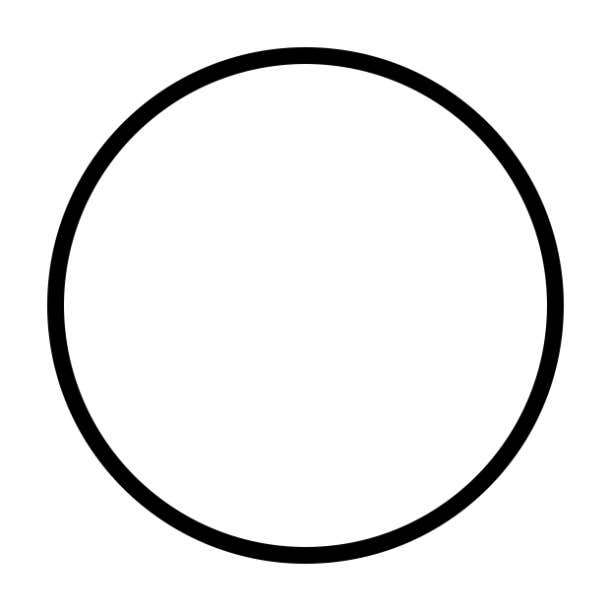For thousands of years, symbols of strength and power have existed all over the world, from the Ancient Egyptians, to Greek mythology, to the era of Nordic Vikings, and throughout all of the continents. RELATED: 26 Symbols Of Love And Their Meanings Explained Not only do these specific symbols represent strength, but they remind us that we have the courage and drive within us to keep going, to stand tall, to overcome whatever life throws our way and become the best person we can be. Here are 40 symbols of strength from all over the world to remind you of your resilience.
Native American Symbols of Strength
1. Bear
Origin: New World Native American Tribes Bears are a symbol of strength, courage, family and health in Native American tribes. Because of their independent nature and incredible survival instincts, bears were both feared and respected. Photo: Perpis / Shutterstock
2. Wolf
Origin: New World Native American Tribes In modern times, wolves have a bad reputation due to their hunting of livestock, but to Native American tribes, wolves are not only symbols of strength, but of loyalty, intelligence, power and courage. Wolves were also thought to possess mystical powers and to have created the earth. Photo: Holly Kuchera / Shutterstock RELATED: The 50 Best Quotes About Strength To Get You Through Anything
European Symbols of Strength
3. Golden Eagle
Origin: Near East and Europe Golden eagles are giant birds of prey that were once thought to be messengers of gods, but were also symbols of strength, immortality, and courage. The Ancient Egyptians considered the golden eagle to be a symbol of Ra, king of all creation, while the Greeks used the golden eagle as a symbol of Zeus. Photo: BigHostX / Shutterstock
4. Oak Tree
Origin: Europe In ancient Europe, oak trees were seen as a sacred symbol of wisdom, strength, endurance, and knowledge, as their wood is incredibly strong and the trees can live for over 300 years. It was also an important religious symbol in Nordic, Slavic and Celtic cultures, who associated the oak tree with their gods. Photo: v4ndhira / Shutterstock
5. Fasces
Origin: Etruscan The fasces dates back to Ancient Rome, where it was a symbol of power and authority. Before becoming an extremist symbol associated with Benito Mussolini, the fasces — a bundle of rods with an ax inserted or tied to them — represented strength through unity. Photo: Sidhe / Shutterstock
6. Six-Petal Rosette
Origin: Ancient Slavs As the main symbol of the pre-Christian god, Rod, the six-petal rosette symbolizes strength and spiritual power. In the ninth or tenth century, Rod was replaced by the pagan god Perun, god of lightning and thunder, and the symbol was called the “symbol of Perun.” Photo: acidmit / Shutterstock
7. Thunderbolt
Origin: Proto-Indo-Europe With the power and strength of a thunderbolt, it’s no surprise that it’s a symbol of divine might. Religions and cultures from all over the world have associated the thunderbolt with their gods and deities. Photo: Premiumvectors / Shutterstock
African & Middle Eastern Symbols of Strength
8. Eagle
Origin: Ancient Egypt Just like the golden eagle was used as a symbol of strength and courage, the eagle was also an important figure in Ancient Egypt, Babylon, and Rome, eventually becoming a symbol of determination and vigor in the United States. Photo: ChasingLightPhotos / Shutterstock
9. Scarab Beetle
Origin: Ancient Egypt In Ancient Egypt, the scarab beetle represented fertility, transformation, strength and resurrection. This beetle was the personification of Khepri, the scarab-faced god of creation and renewal of life. Scarab beetles were worn in talismans and amulets, thought to good luck charms to arm the person wearing it with courage; they were also placed on deceased bodies for luck in the afterlife. Photo: Focus_Vector / Shutterstock
10. Iron
Origin: West Africa In West African religions, iron is a symbol associated with Ogun, the god of war, authority, iron, warriors and blacksmiths. Photo: Rvector / Shutterstock
11. Sphinx
Origin: Ancient Egypt The sphinx is a mythological creature from Ancient Egypt who had the head of a human, body of a lion, and wings of a falcon. This creature symbolized intelligence, strength and dominance, and was portrayed as being a guardian at the entrance of royal tombs. Photo: lemon / Shutterstock
12. Aten
Origin: Ancient Egypt Aten was the original symbol for the Egyptian god Ra, but pharaoh Akhenaten made this the symbol of Aten, the creator. The symbol itself represented royal power, authority, and existence beyond creation. Photo: AndreyO / Shutterstock
13. Elephant
Origin: Africa Elephants have served as symbols of wisdom, loyalty, leadership, power and strength since early African cultures. Because of their importance in African cultures, they were depicted on ritual items. Photo: Volodymyr Burdiak / Shutterstock
14. Djed Pillar
Origin: Ancient Egypt Also known as the Backbone of Osiris in Egyptian mythology, the Djed pillar represents stability, resurrection, eternal life, and strength. Osiris was the god of the underworld, which is why the Djed pillar was inspired by the human spine. Photo: OlgaChernyak / Shutterstock
15. Tabono
Origin: West Africa The tabono symbol represents not physical strength, but strength in terms of a person’s determination and courage, as well as hard work and persistence. Tabono translates to “paddle” and “oar” in Adinkra language; Adinkra symbols are symbols from Ghana that express principles and concepts. Photo: Sidhe / Shutterstock
16. Pempamsie
Origin: West Africa The pempamsie is an Adinkra symbol of unity, perseverance, and strength, resembling chain links. But the pempamsie is also a symbol representing the importance of being prepared, strength through unity, and constancy. Photo: Sidhe / Shutterstock
17. Okodee Mmowere
Origin: West Africa Translated to “the talons of the eagle,” the okodee mmowere is a symbol of strength, bravery and courage. This is due to the strength of an eagle’s talons that it uses to hunt. Photo: loschiline / Shutterstock
18. Hamsa
Origin: Middle East Hamsa is translated from the Arabic word “khamsa,” which means “five,” and originated in the Middle East. A holy symbol for Jewish people, the hamsa is depicted with an evil eye in the middle of the palm. The hamsa symbol represents protection from evil, as well as luck and strength. Photo: Tatiana Shepeleva / Shutterstock
Far Eastern Symbols of Strength
19. Tiger
Origin: China Tiger symbolism dates all the way back to ancient times in China, a symbol that represents courage, bravery, strength, and protection. Putting images of tigers in the home was said to ward off evil. Photo: dangdumrong / Shutterstock
20. Dragon
Origin: China and East Asia Dragons were incredible symbols of power, good luck, prosperity and strength in Chinese symbolism. According to legends, the first ruler of China, known as the Yellow Emperor, was transformed into an immortal dragon that then ascended to heaven. Photo: In-Finity / Shutterstock
21. Lotus Flower
Origin: China The lotus flower not only symbolizes strength, but resilience and perseverance as well. It’s an important symbol in both Buddhism and Hinduism, due to its ability to survive in dark and muddy conditions as it grows in the water. Photo: visualLEH / Shutterstock
22. Verja
Origin: India The verja is a symbol of the Hindu god of power, weather and war, Indra, and was said to be the most powerful weapon to ever exist. The verja was believed to resemble both a diamond and thunderbolt in their unbreakable composition. Photo: Dmitry3D / Shutterstock
23. Yoni
Origin: Ancient India A divine symbol of Shakti, the Hindu goddess that represents femininity, cosmic energy, and power, the yoni is associated with the lingam, Shiva’s symbol. Together, the yoni and lingam represent the cycle of creation. Photo: amilciar / Shutterstock RELATED: 11 Little Habits Of The Strongest, Most Resilient People
Celtic Symbols of Strength
24. Griffin
Origin: Middle Eastern and Mediterranean Griffins were mythological creatures who had the head and wings of an eagle, and the tail, body and back legs of a lion. The eagle was considered king of the birds, while the lion was the king of beasts; the griffin symbolizes power, strength, majesty, boldness, leadership, and intelligence. The griffin was associated with strength on the battlefield, and frequently appeared on coats of arms. Photo: PO11 / Shutterstock
25. Ailm
Origin: Celts The ailm symbol was likely inspired by the European silver fir, an evergreen tree that can survive difficult conditions year-round. But the symbol itself, a circle with a plus sign in the middle, represents strength, endurance, purity, and healing the soul. Photo: Muhammad Rahil / Shutterstock
26. Celtic Dragon
Origin: Celts In Celtic culture, the dragon was a symbol of fertility, rather than Western interpretations that associated dragons with destruction. Dragons were thought to be guardians to other worlds. Photo: Studio77 FX vector / Shutterstock
27. Triskelion
Origin: Celts The triskelion is a symbol of strong will, courage and resilience to keep pushing forward during hard times, but the symbol also relates to trinity, rebirth, creation, life and death. Photo: ricochet64 / Shutterstock
28. Celtic Dara Knot
Origin: Druids The Dara Knot translates to the word “wood” and is associated with the sacred oak tree. The Celtic Dara Knot symbolizes inner strength, and the symbol itself is thought to resemble the oak tree’s root system. Photo: Ibaneza_stock / Shutterstock
29. Celtic Tree of Life
Origin: Celts The Celtic Tree of Life symbolizes wisdom, strength, longevity, rebirth, and the connection between heaven and earth. The tree also represents balance and harmony as a result of nature’s forces uniting. Photo: artdock / Shutterstock
Norse Symbols of Strength
30. Mjölnir
Origin: Germanic/Nordic Mjölnir is famously known as Thor’s hammer believed to be strong enough to destroy mountains, and summon lightning and thunder from the sky. Mjölnir symbolizes strength, protection, fertility, and storms. Photo: Bukhta Yurii / Shutterstock
31. Aegishjalmur, or The Helm of Awe
Origin: Nordic Vikings This Nordic symbol of protection and strength was used by Vikings in battle, believing the spiritual realm would give them godly powers. Photo: Bourbon-88 / Shutterstock
32. Uruz
Origin: Nordic Vikings The word uruz is derived from the word “aurochs,” which were wild oxen that became extinct in the 1600s. Representing physical strength, stamina, and courage, the uruz is also known as the “rune of the ox,” and was worn in an amulet to promote power and health. Photo: Fabrizio Chiriu / Shutterstock
33. Huginn and Muninn
Origin: Nordic Huginn and Muninn were Norse god Odin’s divine ravens, and were symbols of memory, the human mind, duality, and mental strength; Huginn represents thought and Muninn represents the mind. Photo: yulianas / Shutterstock
Greek Symbols of Strength
34. Phoenix
Origin: Greek The phoenix was a mythical bird that represented strength, transformation, immortality, rebirth and new beginnings. Said to burst into flames upon death, the phoenix would rise from the ashes. Photo: Nanda Yuhansyah / Shutterstock
35. Horse
Origin: Greco-Roman For centuries, horses have been symbols of intelligence, strength, endurance, spirit, and majesty. Though its symbolic origin dates to ancient Greece, horses are revered in Asia and Native American cultures. Photo: Helga Madajova / Shutterstock
36. Club of Heracles
Origin: Roman Heracles, also known as Hercules, was the son of Zeus who was usually portrayed as muscular, powerful and masculine, and represented courage, strength, and determination. His club was used, along with his bare hands, to defeat the Nemean lion. Photo: Cromagnon / Shutterstock
Old World Cultures Symbols of Strength
37. Boar
Origin: Germanic The boar has been associated with war, strength, fearlessness, and courage. Oftentimes, warriors would engrave a symbol of the boar into their armor or weapons. Photo: Martin Prochazkacz / Shutterstock
38. Lion
Origin: Afro-Eurasia The lion is a symbol of royalty, power, wisdom, family, courage and strength among cultures throughout time. Lions were associated with power and strength in ancient Greece, and Sekhmet, the goddess of war, in ancient Egypt. Photo: PHOTOCREO Michal Bednarek / Shutterstock
39. Bull
Origin: Mediterranean Not only is the bull the symbol for the zodiac sign Taurus, but represents power, strength, life, fertility, and wealth. The bull was also often associated with deities and gods in Egypt and Greco-Roman times. Photo: Berezovaya Nonna / Shutterstock
40. Circle
Origin: Egyptian and Greek An incredibly old symbol, the circle is a representation of perfection, infinity, and the highest power. The circle was the symbol of Ra, the Egyptian sun god, balance in nature in ancient Greece, and the duality of yin and yang in Chinese philosophy.
RELATED: 10 Ways To Find And Grow Your Own Inner Strength Samantha Maffucci is an editor for YourTango who has written hundreds of articles about relationships, trending news and entertainment, numerology and astrology. Follow her on Twitter for more.
